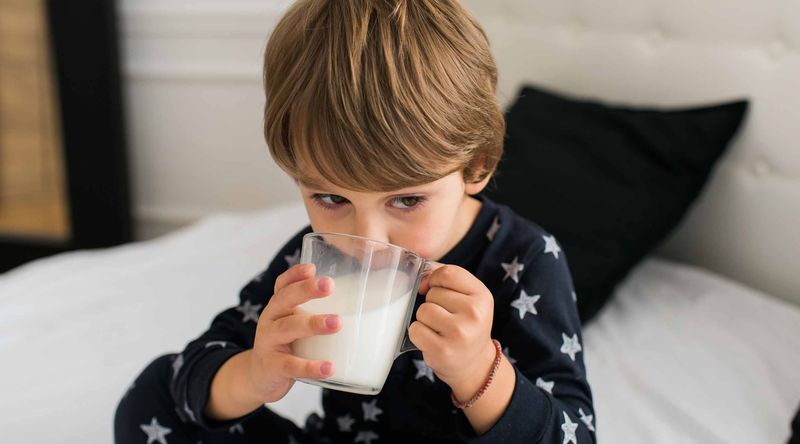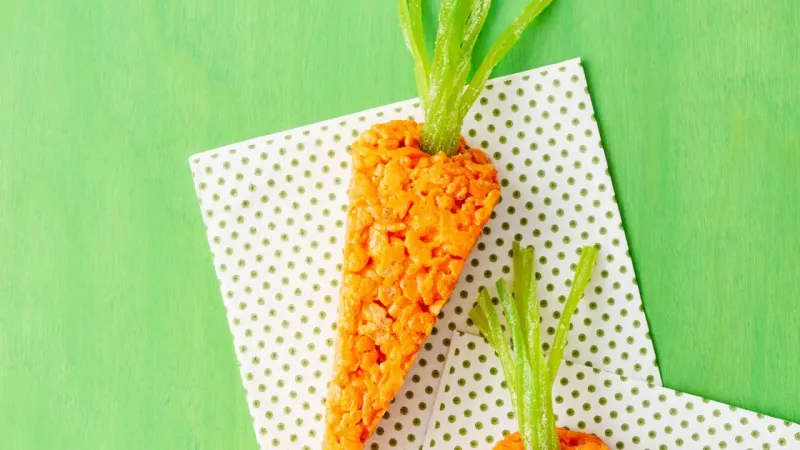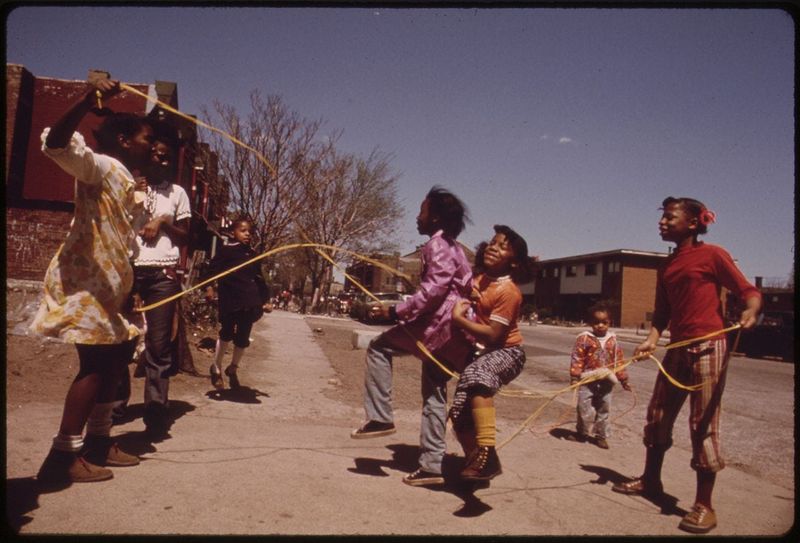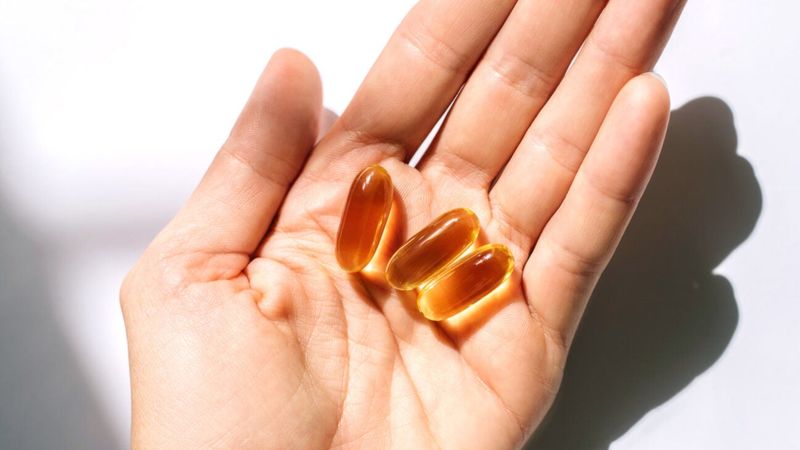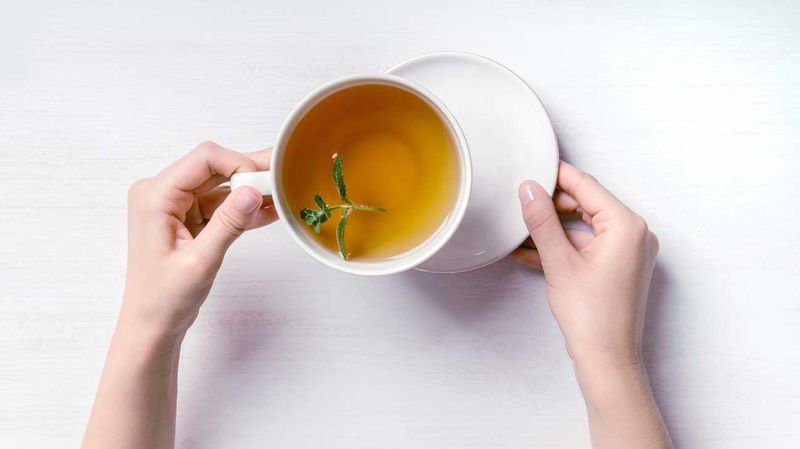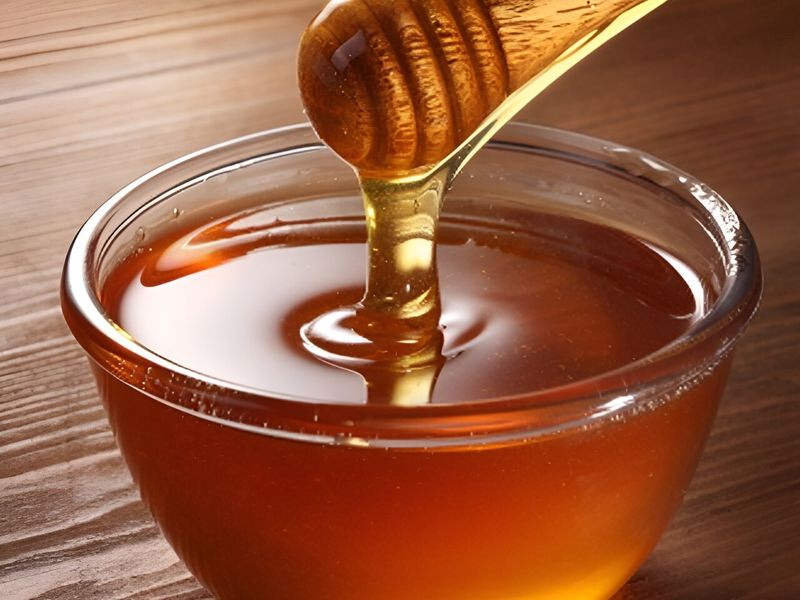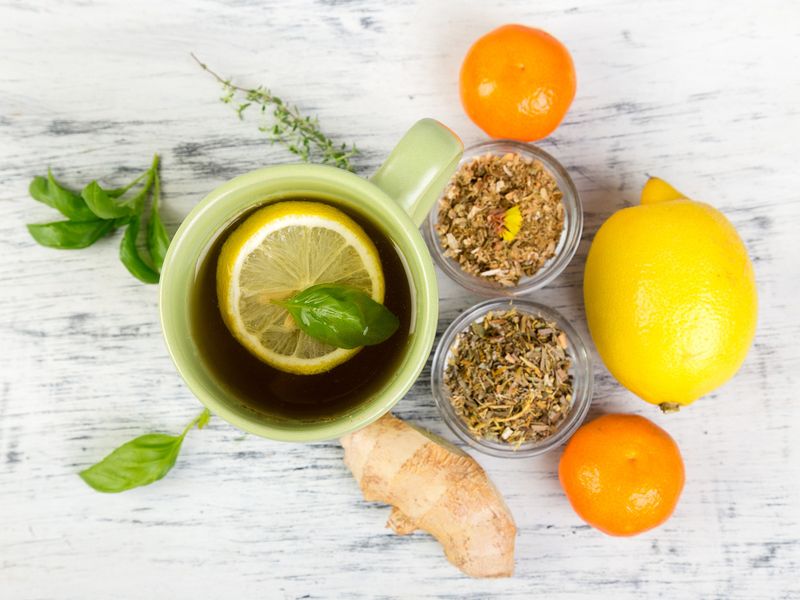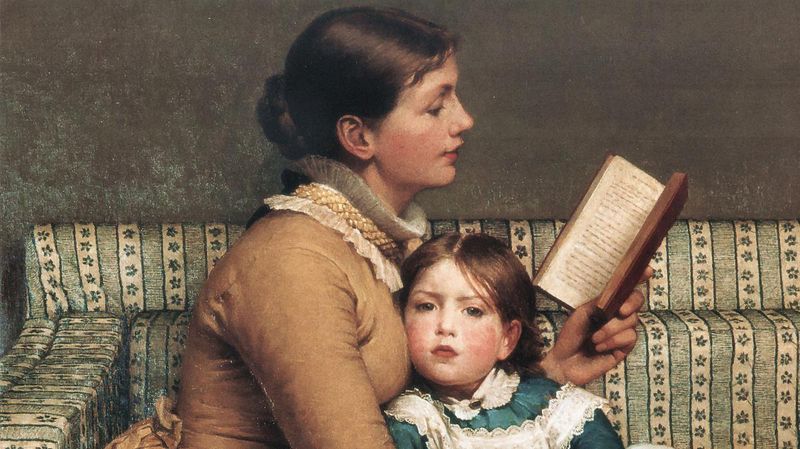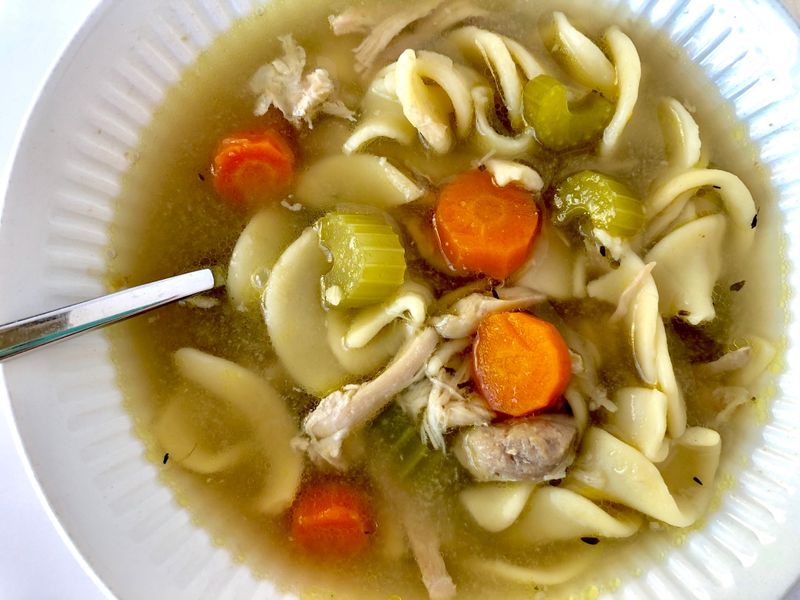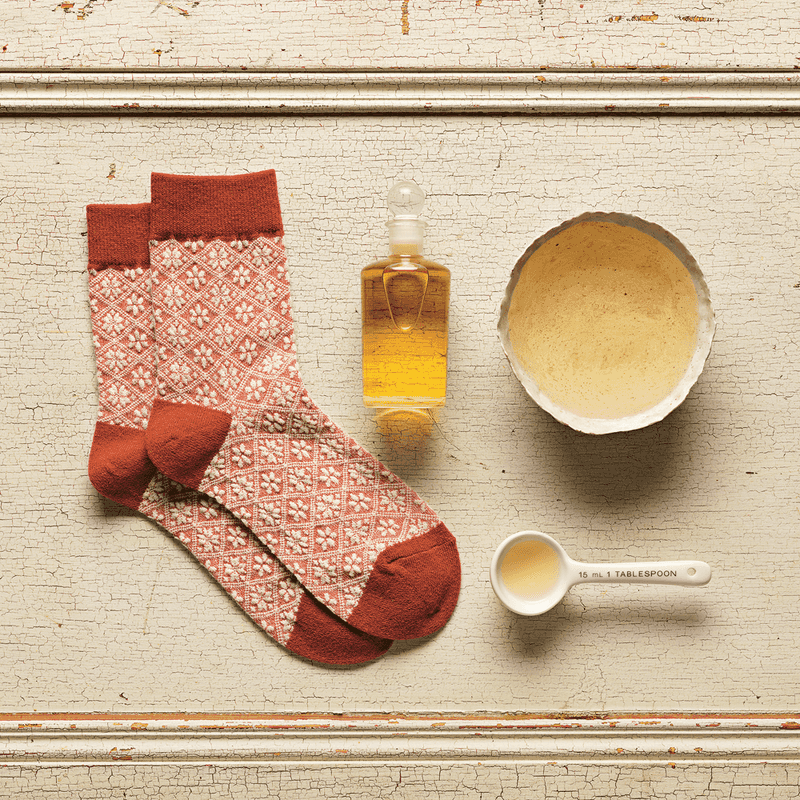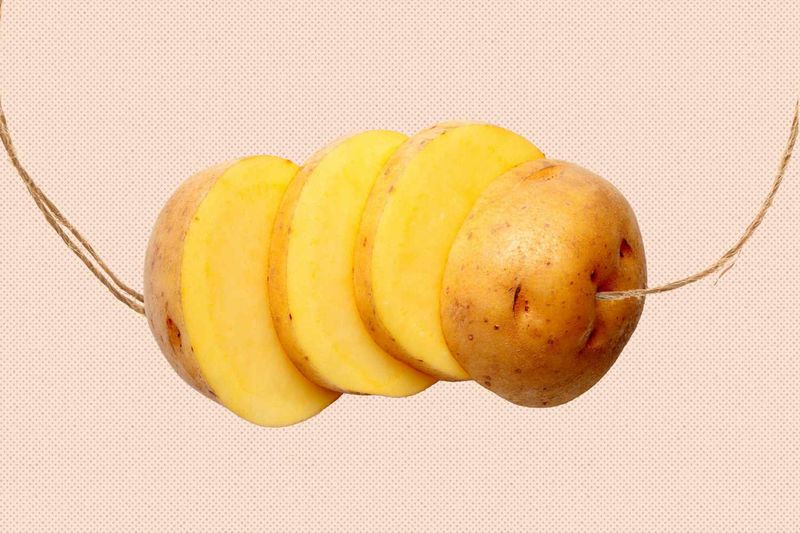15 Vintage Parenting Myths That Are Secretly Genius
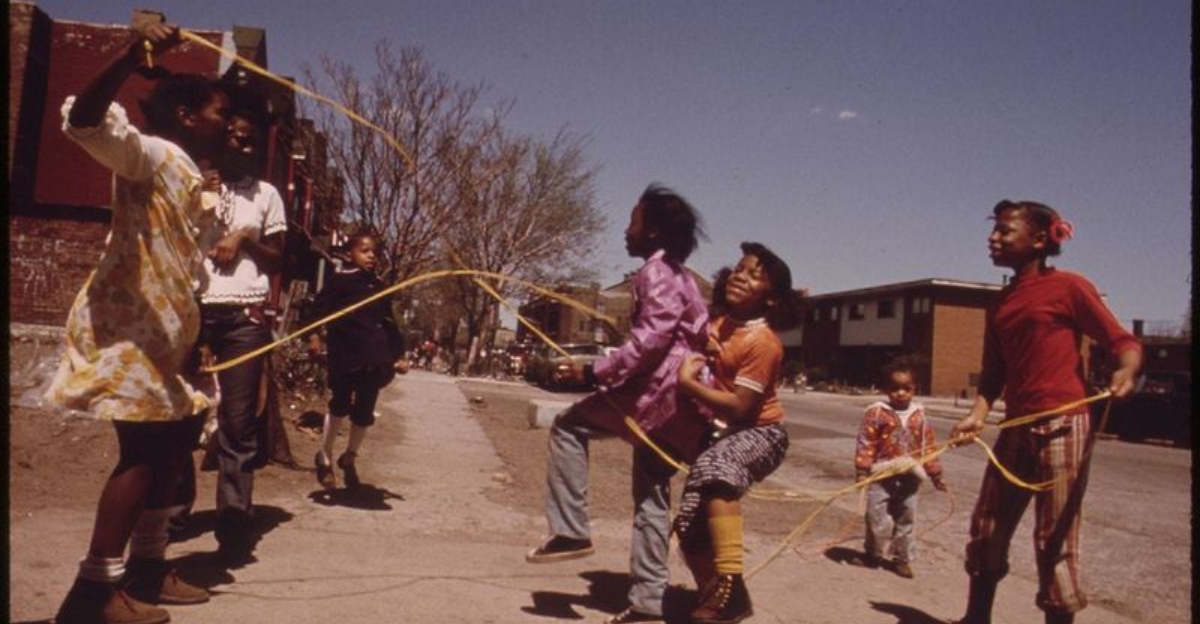
Ever wondered if your grandmother’s parenting tips held secret wisdom?
Delve into the fascinating world of vintage parenting myths that have surprisingly wise undertones. These age-old beliefs, passed down through generations, often dismissed as mere folklore, may actually carry nuggets of genius.
Join us as we explore 15 intriguing myths about parenting from the past that, despite their quirky appearances, reveal profound insights into raising children. From peculiar bedtime rituals to unconventional health remedies, discover how these outdated practices might just make modern parenting a bit more magical and fun.
1. Milk for Sleep
In the past, warm milk was the go-to remedy for sleep troubles. Picture a 1950s kitchen, where a mother hands her child a steaming cup of milk.
While it may sound like an old wives’ tale, science backs the soothing effects of tryptophan in milk. This amino acid can enhance sleep quality, offering a natural solution to restless nights.
Rather than dismissing it as outdated, consider incorporating this calming ritual into your bedtime routine. It not only nourishes the body but also creates a comforting bedtime tradition, fostering closeness and relaxation for both parent and child.
2. Kissing Boo-Boos
The notion that a kiss can cure a child’s boo-boo might seem whimsical, but there’s a touch of genius behind it. In a beautiful garden of the 1940s, a mother’s gentle kiss on a scraped knee does more than offer comfort. It triggers the release of oxytocin, the “love hormone,” fostering a sense of safety and affection.
This simple act nurtures emotional bonding, teaching children empathy and compassion.
Embrace this heartwarming myth as a parenting tool, as it reinforces love and encourages children to seek support in times of distress, deepening family connections.
3. Carrot Cures
Once upon a time, carrots were believed to cure all ailments. Picture a 1930s farmhouse, with a wise grandmother offering carrots to her grandchild. Although not a miracle cure, carrots are rich in beta-carotene, promoting eye health and boosting the immune system.
This myth cleverly encourages children to enjoy nutrient-rich vegetables. By incorporating carrots into meals, parents can teach youngsters the importance of healthy eating, making it a fun and educational experience.
Embrace this vintage wisdom by using it as a playful way to instill good dietary habits in a flavorful manner.
4. Outdoor Play is Cure-All
Decades ago, the belief that outdoor play could cure any ailment was widespread. Imagine children from the 1920s, playing freely in a sunny meadow. While not a cure-all, outdoor play offers numerous benefits. It boosts physical health, enhances mood, and fosters creativity.
Encouraging kids to play outside stimulates their development, strengthening muscles and improving cognitive abilities.
This vintage myth embraces the healing power of nature, reminding parents to let children explore and discover the world around them. It’s a reminder to value playtime as an essential part of childhood.
5. Cod Liver Oil for Health
Cod liver oil was once the magical elixir of good health. In a charming 1950s kitchen, a child reluctantly takes a spoonful from their parent. Though its taste might be off-putting, this oil is packed with omega-3 fatty acids and vitamin D, essential for bone and heart health.
This old-fashioned remedy can strengthen a child’s body and support brain development.
By looking past the dubious flavor, parents can rediscover its benefits. It’s a testament to the adage “good things come in small packages,” offering a dose of health in a simple spoonful.
6. Daily Doses of Sunshine
Sunshine was once seen as a daily necessity for good health. Picture a 1960s park, where families bask under the sun, soaking in its rays. While overly simplistic, sunlight is a vital source of vitamin D, crucial for bone health and immune function.
This myth encourages outdoor activity and connection with the natural world. By embracing sunlight in moderation, parents promote not only physical well-being but also mental health.
It’s a sunny reminder to unplug, step outside, and let nature’s warmth nurture family bonds and encourage joyful exploration.
7. Herbal Teas for Tummy Troubles
In the days of yore, herbal teas were the remedy for tummy troubles. Envision a 1940s kitchen, where a grandmother brews chamomile tea for her grandchild’s upset stomach. Though simple, herbal teas can genuinely soothe digestion and alleviate discomfort.
This age-old practice offers a gentle and natural way to handle minor ailments, teaching children about herbal remedies. Incorporating this wisdom today can cultivate an appreciation for natural healing methods.
It’s a tender testament to the nurturing power of nature, providing comfort in a warm, aromatic cup.
8. The Power of Lullabies
Lullabies have long been considered a magical sleep aid. In a 1930s nursery, a mother croons a soothing lullaby to her baby. Beyond the soft melody lies a world of benefits; lullabies can calm a child, regulate emotions, and enhance bonding.
This vintage myth recognizes the power of music in parenting. By singing to their children, parents create a comforting ambiance that aids in sleep and emotional well-being.
It’s a melodic reminder of the timeless connection between music and parenting, creating a peaceful routine that transcends generations.
9. Honey for a Sore Throat
The belief that honey can soothe a sore throat remains popular. In a vintage 1950s kitchen, a mother offers her child a spoonful of honey. While not scientifically proven, honey’s soothing texture can coat the throat, providing temporary relief.
This sweet remedy encourages the use of natural alternatives before reaching for medicinal solutions. It’s a simple yet effective way to offer comfort and demonstrate the benefits of nature’s offerings.
Embracing this myth connects us with the past, showcasing the enduring appeal of honey as a gentle healer.
10. Home Remedies for Colds
Homemade remedies for colds were once a parental staple. In a 1930s kitchen, a mother concocts a remedy with household ingredients. Though these remedies might lack scientific backing, they often include comforting elements like warmth and rest.
This myth promotes creativity and resourcefulness in addressing common ailments. By valuing these methods, parents teach children resilience and the art of care.
It’s a nod to the wisdom of previous generations, highlighting the nurturing spirit that persists despite technological advances in medicine.
11. The Magic of Bedtime Stories
Bedtime stories were once considered a magical precursor to sleep. In a 1940s bedroom, a father reads aloud from a storybook. These tales do more than entertain – they spark imagination, strengthen language skills, and create bedtime rituals.
This myth highlights the importance of storytelling in a child’s development. By dedicating time to read together, parents instill a love for literature and provide a sense of security.
It’s a charming tradition that enriches family life, proving that sometimes the simplest activities hold the most profound value.
12. Grandma’s Soup for the Soul
The notion that grandma’s soup can cure anything is a touching myth. In a cozy 1950s kitchen, a grandmother ladles out steaming chicken soup. While not a cure-all, this comforting dish offers warmth and hydration, supporting recovery during illness.
This belief emphasizes the healing power of love and care through food. By serving homemade soup, parents can provide nourishment and comfort, reinforcing family bonds.
It’s a heartfelt reminder that sometimes, the best medicine is a bowl of homemade goodness shared with loved ones.
13. Vinegar Solutions for Fevers
Vinegar was once the go-to solution for fevers. In a rustic 1920s cottage, a mother applies a vinegar compress to her child’s forehead. While modern medicine offers more effective treatments, this practice exemplifies resourcefulness.
This myth reminds us of the importance of simplicity in caregiving. By considering traditional methods, parents can appreciate past ingenuity and learn to embrace both old and new solutions.
It’s a nod to the creativity of yesteryear, encouraging a balance between tradition and modernity in family health care.
14. Potato Socks for Fever
An odd yet intriguing myth involves potato slices in socks for fever reduction. In a 1900s bedroom, a parent places potato strips in their child’s socks. While lacking scientific endorsement, this quirky method reflects a time of creativity and hope.
This whimsical practice symbolizes the lengths parents go to for their children’s comfort. By acknowledging such myths, we honor the innovative spirit of past caregivers.
It’s a lighthearted reminder of parenting’s unpredictable nature, where love sometimes leads to the most memorable, if unconventional, solutions.
15. The Belief in Fresh Air Naps
The idea that fresh air promotes better naps was widely held in the early 20th century. On a 1910s veranda, a baby sleeps peacefully in a stroller. Though unproven, fresh air can indeed foster relaxation and rejuvenation.
This endearing myth encourages outdoor time and connection with nature. By embracing this practice, parents can enjoy the benefits of the outdoors, offering tranquility to their little ones.
It’s a serene tradition that emphasizes the timeless value of nature in nurturing well-being and fostering peaceful slumber.

